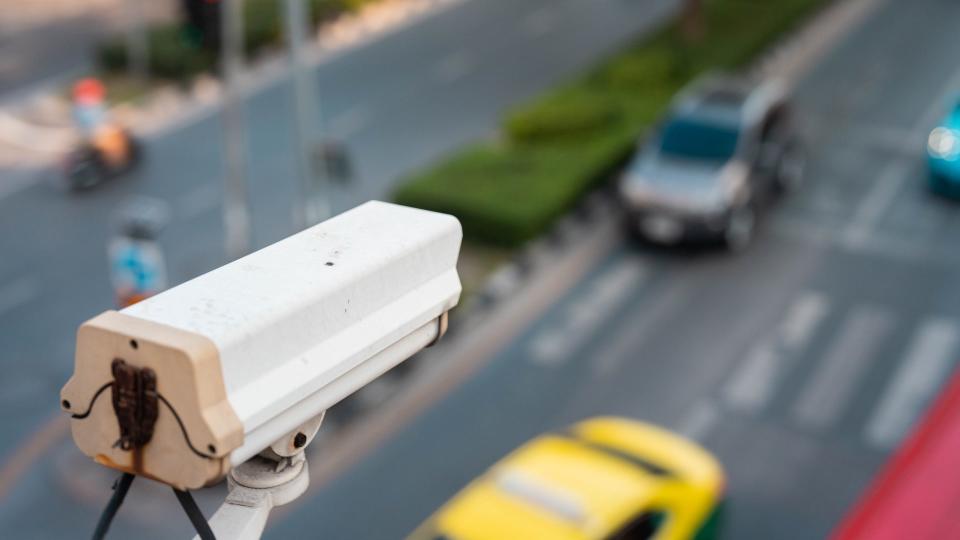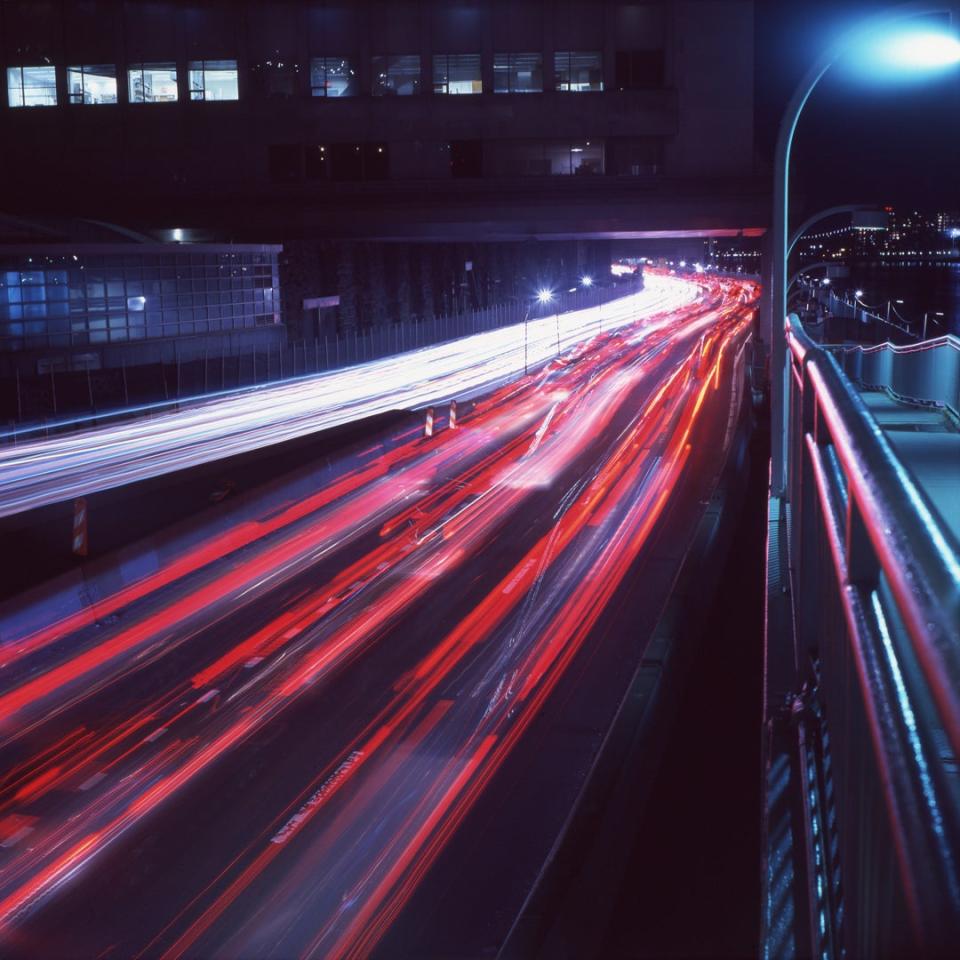AI Traffic Surveillance Can Link Your Driving Patterns to Criminal Behavior

AI surveillance is becoming more common than most people know. As told in a report by Forbes, automatic license plate recognition (ALPR) systems use public traffic cameras as well as business-owned security monitors to create databases of cars compiling license plate numbers, makes, and models. They then use artificial intelligence to track those cars and their owners. That information is sometimes sold to police departments across the country, some of whom use the data as justification to search anyone whose driving behavior is deemed suspicious.
It's like that scene in The Dark Knight when Bruce Wayne taps into every Gotham citizen's cell phone to try and catch the Joker. This time, though, there isn't a cautious Morgan Freeman warning the police of how intrusive this system is to people's privacy.
What's even more disturbing is that this sort of AI surveillance has been at work in the background for some time. Forbes highlights the case of David Zayas, who, in March of 2022, was traveling on New York's Hutchinson River Parkway when he was pulled over for repeatedly driving routes typical of drug traffickers. When police searched Zayas' car, they found 112 grams of crack cocaine, $34,000 in cash, and a handgun in his possession. The AI surveillance software correctly identified criminal activity in that scenario, but Zayas' attorney argues the search of his car based solely on his driving route was unlawful.


 Yahoo Autos
Yahoo Autos 